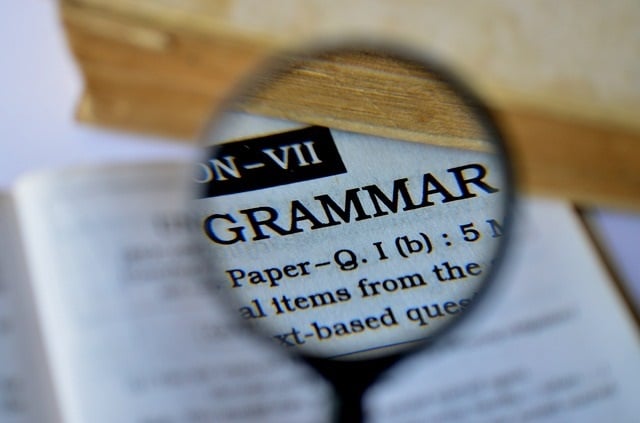As you may already know, a prefix is that string of coherent letters that we add (or “affix”) to the beginning of a word, and suffixes are letters that we add to the end of a word. However, they have a lot of usage rules and grammatical quirks to master. And although they’re small, they yield a lot of grammatical power, as they can significantly alter the entire meaning of a word or sentence (which is in fact their sole purpose most of the time). Spelling them can be challenging sometimes, too.
So where do you begin when considering suffixes and prefixes? Here are the basics, as you consider when and how to use and spell them.













